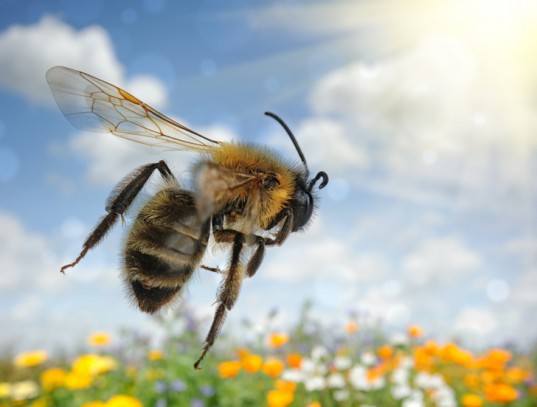Genetically Engineered Trees in Canada (They are making trees that have less strength so it is easier to mill...The part that makes a tree stand straight and strong is being manipulated. please go to article)
by Lucretia Schanfarber
"Today, nearly 100 years since these memorable words were penned, the genetic sanctity and survival of our planet’s trees are at risk. Several countries around the world, including our own Canada, have embarked upon a biotechnological journey that may be leading us down the path of genetic devastation for our natural forests and trees.
Concerns about genetically engineered foods and industrial crops continue. At the same time we must face the reality of another, potentially greater, threat to planetary biodiversity - genetically engineered (GE) trees.
Rooted in Money
Surfing the Canadian Forest Service (CFS) website (
www.nrcan.gc.ca/cfs), it is disconcerting to find evidence that the federal agency entrusted with the safe keeping of our nation’s forests has become an enthusiastic supporter and promoter of genetically engineered trees.
The FAQ pages (Frequently Asked Questions) of the CFS site ask and answer the question: “Why are genetically engineered trees being produced? The objective is to produce more healthy trees on a smaller land base. Present levels in the demand for wood will double by the year 2020. Genetically engineered trees can be used in intensively managed plantations to decrease the effect of human pressure on our ecosystems while increasing the competitiveness of Canada’s forestry industry.
...Thus far, there has been no recorded release of GE trees in Canada. But there is definitely research being conducted. According to the David Suzuki Foundation(
www. davidsuzuki.org), four “confined” GE tree research trials are underway. All located in Eastern Canada, these trials include two test plots of GE poplars, one plot of GE Black Spruce and a plot of White Spruce with an insecticidal gene from Bacillus thurningiensis (BT). Note that many scientists, including Dr. Suzuki, are concerned that pollen from outdoor GE trees can never be entirely safely confined. ”
http://www.watershedsentinel.ca/content/genetically-engineered-trees-canada
GE Eucalyptus Trees Approved by the USDA
GMOs — by
Kim Crieger Goodwin February 16, 2012
The
GE Tree Company ArborGen has been given permission by the USDA to plant huge plantations of genetically engineered (GE) eucalyptus trees across seven states in the southern U.S. — Texas, Florida, Georgia, Alabama, Mississippi, Louisiana, and South Carolina. These states are very well-suited for eucalyptus culture, and varieties of eucalyptus have naturalized in other areas of the United States. Eucalyptus are also used extensively as ornamentals across the warmer parts of the States, creating many opportunities for genetic contamination.
ArborGen is also requesting that trees be allowed to flower at four locations in Alabama, Florida and Mississippi, and to be kept in pots (but not allowed to flower) in two locations in South Carolina.
The GE eucalyptus trees have been engineered for more cold tolerance, to alter flowering patterns, and with resistance to the antibiotic kanamycin.
The Global Justice Ecology Project is trying to stop the introduction of these and other GE trees into our landscapes.
For more detailed information about the dangers of GE Eucalyptus read
their action alert (PDF).
U.S. protest target GE trees
From Pritchard Park to the Renaissance Hotel, protesters spent nearly four hours trying to get their message across: genetically engineered trees are bad news for the environment. About 200 people participated in a rally Tuesday aimed at confronting the genetically engineered tree industry, specifically South Carolina-based ArborGen. The protesters chose Asheville because this week it is the site of the International Union of Forest Research Organization Tree Biotechnology 2013 Conference at the Renaissance Hotel. Thomas Llewellyn of Real Cooperative said other countries have been protesting genetically engineered trees for years, but the issue is relatively new to the United States.











%5B1%5D.jpg)
